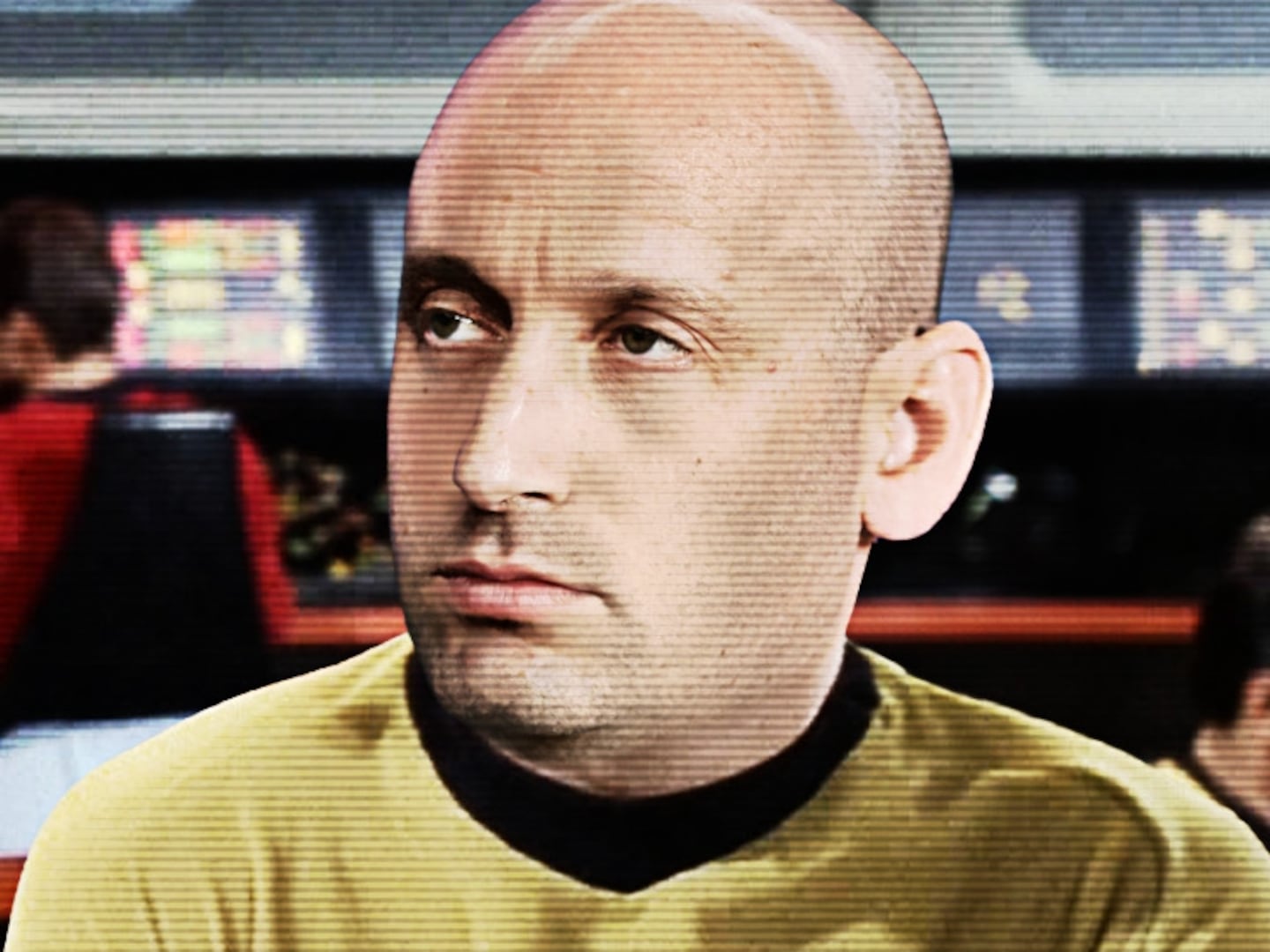“You think money is going to fix this,” Jimmy, a streetwise young African-American from Harlem, tells Robert Miller, a Wall Street–wise financier from Park Avenue.
Miller fixes him with a dismissive stare. “What else is there?”
In Arbitrage, written and directed by Nicholas Jarecki, there truly is nothing else. The film, which stars a finely coiffed Richard Gere as Miller, a hotshot money manager in a fugue state, is a morality tale wrapped in a Law & Order police procedural. And it shines an unflattering spotlight on New York’s money culture, which Jarecki knows from the inside out. (He’s the son of Henry Jarecki, a legendary metals trader, and brother of Andrew Jarecki, co-founder of Moviefone and director of the documentary Capturing the Friedmans.)
Jarecki nails the details: Miller’s Park Avenue apartment, which he shares with his wife Ella (played by an elegant Susan Sarandon), springs from the pages of Avenue magazine with its thick rugs and master bed the size of most studio apartments. When Miller shows up for a business dinner at the Four Seasons, he’s escorted to his Pool Room table by co-owner Julian Niccolini.
And from the first scene, as CNBC’s Maria Bartiromo interviews Miller, Gere aces the mien of a hedge-fund titan: the tight smile, the confidence, the thinly veiled aggression, the singular focus on making money. Later, when Miller tells his daughter and heir apparent, Brooke (played by Brit Marling), that he’s thinking of selling to spend more time with his children and grandchildren, she sees right through it: “I’m just trying to imagine what we’d do.” (Fun fact: Marling was offered a job at Goldman Sachs out of Georgetown.)
A hero in his home, office, and on CNBC, Miller, who refers to himself as “The Oracle of Gracie Square,” is known for savvy financial bets. But of course Robert Miller isn’t what he seems. The family man has a mistress, the genius investor has made some pretty stupid bets, and this highly confident man is actually something more like a confidence man.

Robert Miller inhabits a world in which money is thrown around in huge chunks. A charitable donation is $2 million, a friendly loan can be $400 million. And it is deployed as a shield, a weapon, a cudgel, a tool. Since nothing else matters, there are really no hard and fast rules about how you use it. If you need to goose returns to give yourself credibility, that’s OK, too.
The real-world analogue that comes to mind is Bernard Madoff. And there are elements of the Madoff story here—the way a few poor trades can morph into fraud, and the thorny questions of whether family members know, or simply look the other way because they like the trappings of wealth and status. But Arbitrage clearly draws from the experience of other big shots who have been taken down a few pegs. Gere’s Miller looks a little (a little, let’s not get carried away) like John Paulson, the hedge-fund manager who soared to prominence shorting mortgage debt and has since stumbled. The particular way Miller gets into trouble, moving a big chunk of money out of markets he knows well and into a single, highly illiquid investment, calls to mind the travails of Phil Falcone. Falcone, the studly founder of Harbinger Capital, amassed a quick fortune in part by going against the grain in trading mortgage-backed securities. But in an act of hubris, the former Harvard hockey player took a huge chunk of his and his investors’ money and plunged it into an area that had nothing to do with his core competence. He made a highly illiquid bet on LightSquared, a wireless broadband company, that has sandbagged his fund and reputation.
Likewise, all isn’t well in Miller’s world. He’s juggling personal and financial relationships, and trying to engineer a sale of his company to James Mayfield (Graydon Carter!), an out-of-town banker. The whole thing threatens to unravel as auditors raise uncomfortable questions, and as Miller comes under suspicion for a nonfinancial crime.
Gere’s Miller is convinced that the problem is really nothing that money can’t solve. He throws it around to buy off people and keep them loyal—wife, kids, mistress, attorneys, accountants, and Jimmy, the son of his former driver (Nate Parker). But money only goes far, as friends, professional associates, and family members turn on him. And cash certainly can’t do anything to call off Detective Michael Bryer (a heavily accented Tim Roth), who is pursuing Miller. “He does not get to walk just because he is on CNBC,” Bryer says.
Of course, that’s precisely what happens in the real world. Those who are on CNBC can generally afford to get others to take the fall, to settle, or to pay fancy lawyers who can get them off on technicalities—and then salvage their reputations through good deeds and large donations. And Jarecki really nails how financial titans, who are happy to don the mantle of genius when things go their way, simply throw up their hands and curse fate when things go badly. When Robert Miller tells Brooke about an investment gone bad, he says: “It’s like a plane crash. It just happens.”
In financial markets, arbitrage is all about trading that minimizes risk and maximizes returns. In Arbitrage, everybody is making instant calculations about relative worth. We see a universe in which people routinely overlook trespasses and crimes—if the price is right. The film is really about a series of trades—money for sex, for love, for loyalty, for absolution and forgiveness, and for the maintenance of an image.






